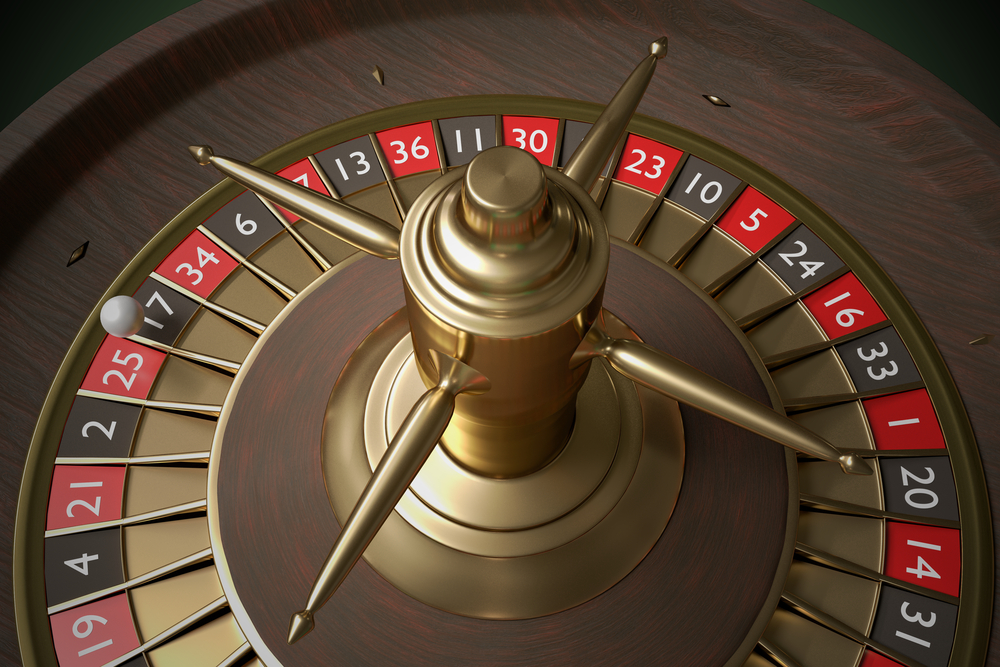Navigating the weird and wonderful world of roulette can be slightly confusing to start off with. Almost since roulette began, players have been deploying roulette ‘systems’ which help them to decide which bets to place at any given time. Seven of the most common systems are outlined below. Try a couple of them the next time that you play online roulette and see if they improve your winnings.

The Paroli system
This system is the opposite of a system known as the Martingale system. With the Martingale system, players double their bets after each loss. As a result of this system, they are left with a diminishing budget and a rapidly increasing set of bets which can be a recipe for disaster. By contrast, with the Paroli system, players hope to win increasingly large amounts without acting in too risky a manner. This system works by doubling your bets only after each win.
The Hollandish system
With this system, players group their game of roulette into 3 spin sections (by contrast many other strategies such as the Martingale analyse the game on a spin by spin basis). They will work out a strategy for every three spins, and apply it for those three spins. Then, they will take stock and readjust their strategy, formulating a better strategy to apply for the next three spins. Rinse, and repeat.
The Four Pillars system
This roulette strategy is based on an old system long used in land based casinos known as corner betting. With corner betting, you block off a ‘corner’ of the wheel by laying your stakes on it. The foundation of the Four Pillars system involves betting on 14, 15, 17 and 18, though there is a little more to this system than just placing a corner bet.
JAA Cross Referencing
This system is favoured by professionals who want to achieve an optimal roulette strategy. This is a cross referencing system that takes into account the fact that all roulette wheels are slightly different and thus analyses the individual quirks and habits of the wheel you are playing on. The outcome of each spin is analysed for a certain number of spins (usually around 100-200) until you can predict to a certain degree of accuracy how any given spin will turn out in the future.
Roulette computers
Though only legal in around half of land based casinos (with many online casinos ambiguous about their usage), roulette computers are very widely used. These devices analyse the physical characteristics of a roulette wheel so that you can start to predict which outcomes are the most probable. Though many automated online casino games are totally randomised so as to give a consistent house edge, software versions of these computers can be used for playing live dealer roulette via video chat services.
The Labouchere system
With this system, the player creates a ‘betting sequence’ before they begin to play. This sequence consists of a series of numbers, and a stipulation as to what bets will be placed for each of those numbers. Then, no matter what happens when the wheel is actually spinning, the player sticks doggedly to the sequence of play that they have laid out, not varying their bets or changing the system half way through.
Oscar’s Grind
This system thinks of bet outcomes not in terms of the amount of cash you actually win or lose, but simply in terms of units. For instance, a win of any value will count as 1 unit. A loss any value will be -1 unit. Players can draw up a handy table to help them to keep track of the unit value of their game. The unit value that you have achieved at any given point will be used to direct your strategy in subsequent spins.
Try it and see
Some of these systems are more complex than others, but all of them purport to help you to improve your chances of winning. Take a deeper look at the various roulette systems that are available, choose the one that best fits your playing style and see if it helps you to take more control of your bets the next time that you play online roulette.
